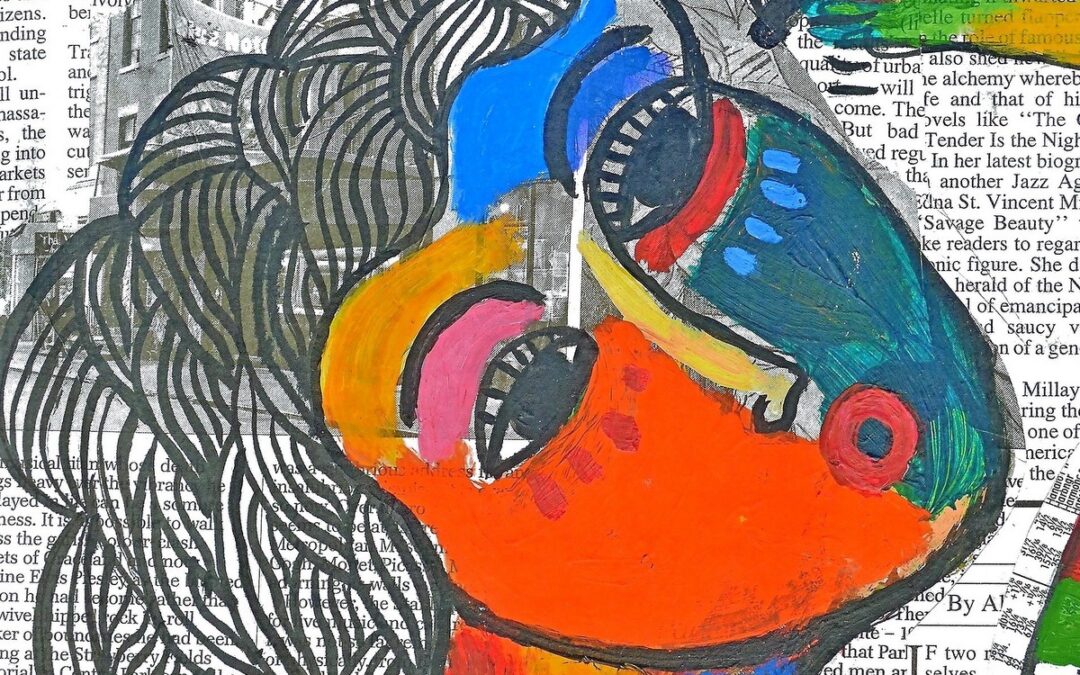Foreign/Second Language Learning can be considered as a socio-cultural practice. Indeed, learning a language is part of a wider process of Intercultural Learning, where daily social practices are at its core. This vision is shared by two anthropological intersecting traditions: constructivist (which sees culture as a social action) and post-structuralist (where cultures are seen as fluid, dynamic and as a source of power). With this type of learning the active participation of learners is required. In fact, intercultural learners have the duty to observe, interpret and reflect on cultural practices, starting from the fact that culture is always ‘on the move’ in the different contexts. They are also required to be ethnographers, namely, to enter into direct contact with people in the field, observe their practices and reflect on their lived experiences. Hence, in order to acquire a language at its best, seems to be essential to acquire not only intellectual, but also cultural knowledge, so that learners can enter the sphere of interculturality. This is a dimension where it is necessary to invest pragmatic as well as emotive resources. Indeed, language acquisition, considered within this intercultural leaning process, is influenced also by our emotions. For instance, we can be happy and satisfied when we see progress, but at the same time disappointed and frustrated when we experience cultural misunderstands or linguistic regress. Hence, it seems important to also reflect and to act on these emotional investments, so that our intercultural awareness, as well as our linguistic and communication skills, can develop.
SUGGESTED READINGS
- Gallucci, S. (2014). Sojourns abroad: language learning, identities and emotions. Saarbrücken: LAP.
- Kramsch, C. (1993). Context and Culture in Language Teaching. Oxford University Press
- Pavlenko, A. (2005). Emotions and multilingualism. Cambridge University Press.
- Roberts, C., Byram, M., Barro, A., Jordan, S. & Street, B. (2001) Language learners as ethnographers. Clevedon: Multilingual Matters.



